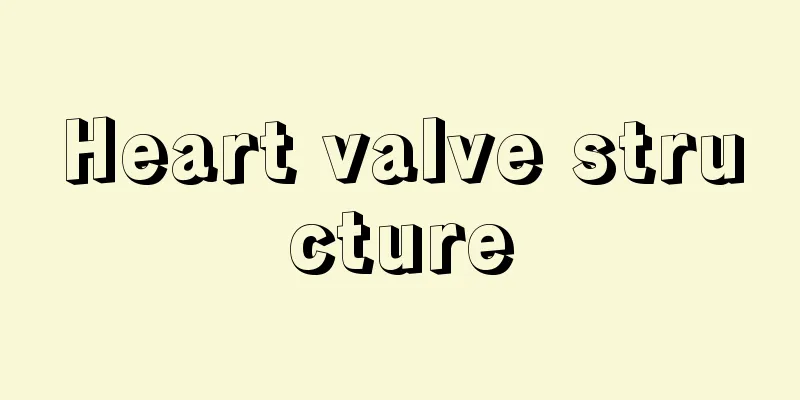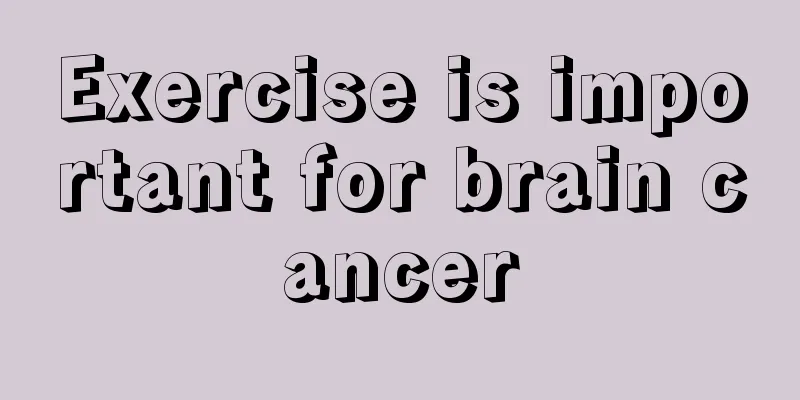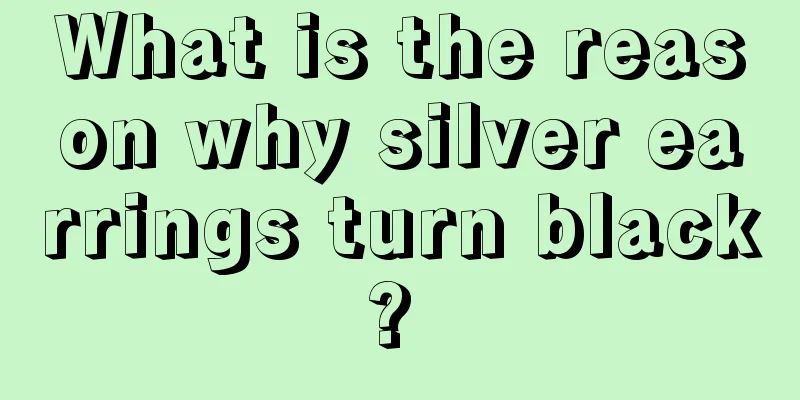Heart valve structure

|
The heart is the most important part of the human body. If there is a problem with the heart, it will put people's lives in danger. Therefore, you must understand the structure of your heart so that you know how to protect your heart. Especially for the structure of the heart valve, you should pay more attention to it. If you feel pain in the heart, you should go to the hospital for a detailed examination. The base of the heart faces the upper right rear, and is mostly composed of the left atrium, with a small part made up of the right atrium. The four pulmonary veins are connected to the left atrium, and the superior and inferior vena cava open at the upper and lower parts of the right atrium respectively. Between the superior and inferior vena cava and the right pulmonary vein is the interatrial groove, which marks the posterior boundary between the left and right atria. The apex of the heart is formed by the left ventricle and faces the lower left and front. Because the apex of the heart is close to the chest wall, the apex pulsation can often be seen or felt in the fifth intercostal space on the left side of the anterior chest wall. The front part of the heart is composed of the atrial part on the upper right, most of which is the right atrium, and the left atrial appendage only constitutes a small part of it. The lower left part is the ventricular part, 2/3 of which is the anterior wall of the right ventricle, and 1/3 is the left ventricle. It is attached to the diaphragm at the back and is mainly composed of the left ventricle. The side (left side) is mainly composed of the left ventricle, with only a small upper part composed of the left atrium. The right edge of the heart is vertically rounded and is composed of the right atrium, which continues upward to become the superior vena cava. The left edge slopes downward, most of which is composed of the left ventricle, and a small part of the upper end is composed of the left atrial appendage. The lower edge is nearly horizontal and sharp, and most of it is the right ventricle, with only the apex being composed of the left ventricle. No one can live without a heart. ① The cardiac conduction system, which is composed of special myocardial fibers, can generate and conduct impulses, allowing the atrial and ventricular muscles to contract in a coordinated and regular manner. This maintains the normal rhythm of heart contraction. ② The blood vessels of the heart. The arteries of the heart are the left and right coronary arteries originating from the ascending aorta, and their veins eventually converge into the coronary sinus opening into the right atrium. The blood circulation that supplies the heart itself is called coronary circulation. Blood supply The myocardium itself also receives a small portion of the blood flowing through the atria and ventricles. A system of arteries and veins (coronary circulation) supplies oxygen-rich blood to the heart muscle and returns oxygen-poor blood to the right atrium. The left and right coronary arteries that flow to the heart originate from the origin of the aorta. Because the heart is under great pressure during contraction, most of the blood flows through the coronary circulation during diastole. Problem 1. Breathing will become difficult, and the chest will feel stuffy and painful. The pain is short-lived, lasting only a few seconds or up to a minute. 2. If the condition is serious, the pain will spread from the front chest to the back of the shoulder blade. It will occur every ten days or half a month, or every three to five months. The shorter the time, the more serious it is. 3. A bad heart can cause soreness, numbness, and pain in the left arm, because the nerve of our heart and the nerve of the left arm are the same, so problems with the left heart will involve the left arm. 4. The heart can also cause neck stiffness and difficulty in turning. The neck is often twisted when you get up in the morning. Because of heart problems, the carotid artery will narrow, blood supply will be blocked, and the tendons nearby will lose blood and naturally become stiff. |
<<: How to soak your feet with dried wormwood
>>: Dietary precautions after freckle removal
Recommend
Can I drink red wine if I am allergic to alcohol
There are many types of alcohol in life. In fact,...
What to do if colon cancer metastasizes to the lungs
The treatment of lung metastasis from colon cance...
What does a mouth ulcer look like
It is a very common phenomenon to have mouth ulce...
What causes bladder cancer
The occurrence of bladder cancer is related to ma...
Small blisters appear after scratching my fingers
When spring comes, everything comes back to life,...
Should patients with liver cancer choose interventional treatment or surgical resection? These matters should also be noted in the treatment of liver cancer
Liver cancer is one of the 10 most common and ser...
Can washing your face with milk remove acne?
Washing your face with milk has many benefits for...
Can I grow taller at the age of 25?
The epiphyseal line of the human body will close ...
How do pinworms come about
Among parasites, pinworms are a type of worm that...
How to use the cervical pillow
The cervical spine is a very important part of th...
What are the early symptoms of lung cancer
What are the early symptoms of lung cancer? Early...
When does melanoma turn malignant
How long can you live with melanoma? For most mel...
Will EB turn negative after nasopharyngeal carcinoma is cured?
After nasopharyngeal cancer is cured, some EB vir...
What should not be eaten when you have inflammation?
Gynecological inflammation is a very common disea...
What's wrong with the dandruff on my upper eyelids?
Dryness is the enemy of the skin. Dry skin is pro...









